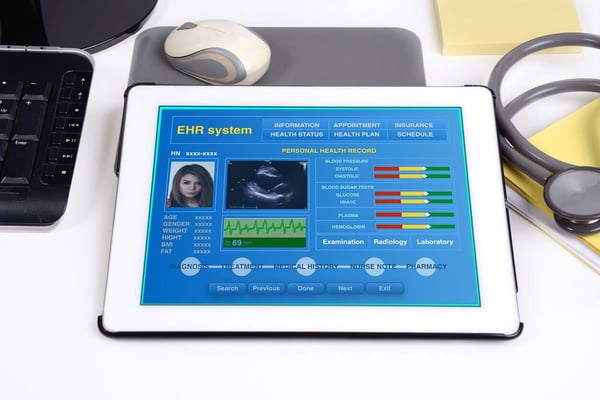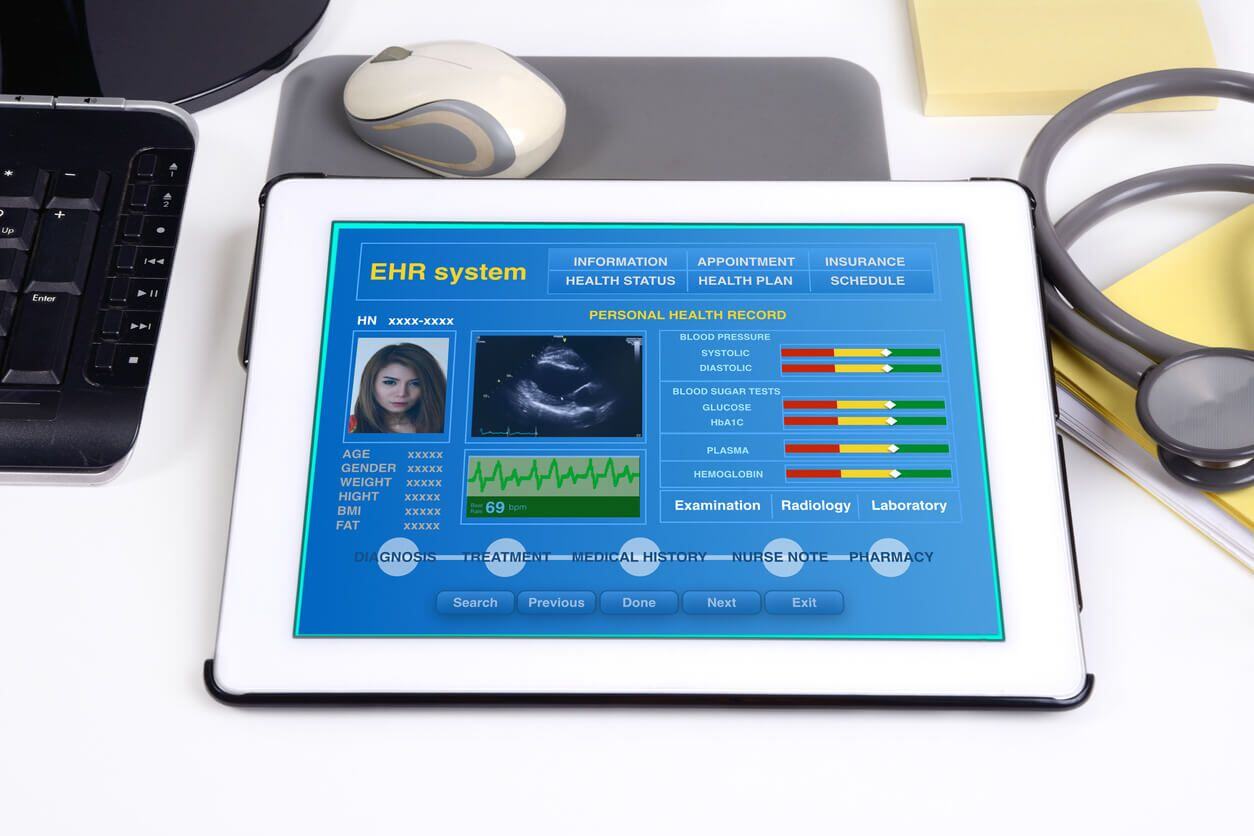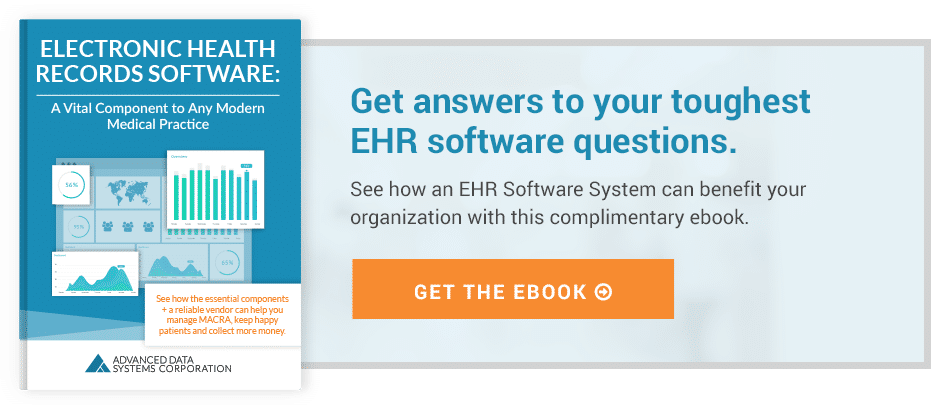Five Benefits of Keeping Electronic Health Records
It's easy to become complacent using the same medical file procedures you've used for years. If the old way of filing medical information worked well in your practice for decades, it likely isn't now in the era of electronic health records.
Increased demands from patients and more detailed medical data requires a more sophisticated way to store files. Going digital is the best practice and now a standard more than a decade strong.
Don't feel like you're too behind on using electronic health records. These five benefits will help you catch up immediately with your competitors.
1. Fewer Errors When Storing Medical Data
The old days of storing medical information in a file cabinet are long over. You may be old enough to remember those days when searching for a medical file turned into a near archaeological dig.
Using electronic health record systems allows you to store all this data electronically so you don't lose anything. Input is also easier so there aren't errors placing important patient records on paper.
Even better, you can access these records on any device connected to the internet. Your medical team can look up a specific medical file on a smartphone or tablet while away from the office. When dealing with a major medical crisis, being able to access this information from any place will help during collaborations.
2. Access for Both Doctors and Patients

Electronic health records are made for universal access. This means patients can access them on their own mobile devices. They have the ability to enter information under their own accord to help their doctors better understand personal health concerns and update insurance information.
It works similarly to customer portals online businesses sometimes use. Allowing a universal EHR system brings a closer connection between doctors and their patients. This works on other levels as well to bring better communication when a patient has unique health issues.
3. Accessing Fast Medical Information During Doctor Visits
Time is always valuable when it comes to visiting a doctor in person. Using an electronic health records system while a patient visits one of your doctors is invaluable because it has all of the former's medical information available in one place.
For diagnosing a problem, this is important. Since patients have EHR access, there wont be any confusion about what might be causing a chronic health problem. It's important for doctors to have a patient's past medical records so they can connect the dots on something elusive.
Having data available in the moment will make doctor visits worth the time and not take as long finding information. Since the best EHR systems run fast, your medial team won't have to worry about lagging load times.
4. Easier Billing
There isn't anything more complex than billing and patients potentially missing their invoices. A quality electronic health records system lets you post billing information. With patient transparency, they'll be able to sign in and see exactly what their bill is.
Creating an e-billing system helps save you the trouble and expense of having to mail out bills on paper. Patients are more apt to lose bills using this old system.
Storing billing information in EHR software eliminates disputes about what the patient is supposed to pay.
5. Creating a Patient History After the Visit
Using EHR systems goes on, even after the patient leaves. They can continue to add information about their health when something comes up. Over time, this creates a thorough patient history that's more comprehensive than you've likely ever had.
EHR software brings more clarity in a time when healthcare is more complex and confusing for medical professionals and patients alike.
Learn More About Electronic Health Records
For a comprehensive look at EHR software and how it can benefit your practice, download our free ebook, Electronic Health Records Software: A Vital Component to Any Modern Medical Practice.
About Advanced Data Systems Corporation
Since 1977, clients have relied on the ADS team and our intelligent automation solutions and services. The MedicsCloud Suite, ADS’s latest generation of rules driven financial, revenue cycle, practice management, clinical charting and reporting, and mobility/engagement platforms, are used by clients to produce maximized revenue and efficiency for their practices, groups, and enterprise networks.
MedicsRCM (ADS RCM) is ideal if comprehensive outsourced revenue cycle management and billing services are preferred. MedicsRCM also uses the MedicsCloud Suite.



